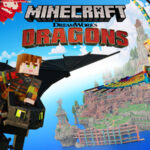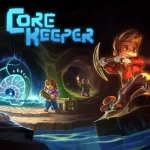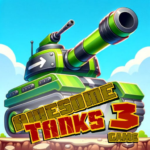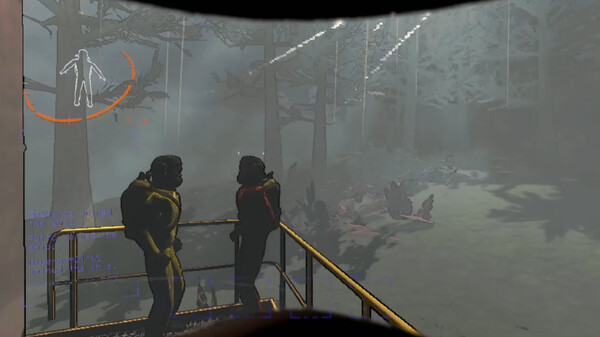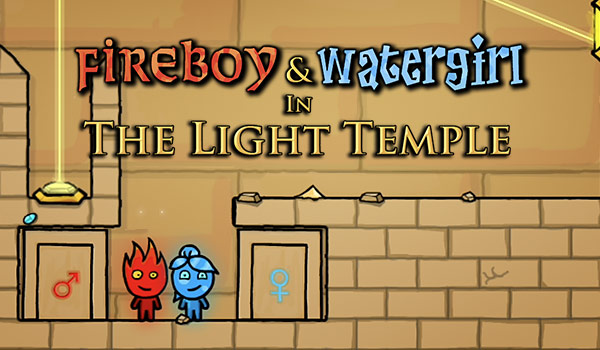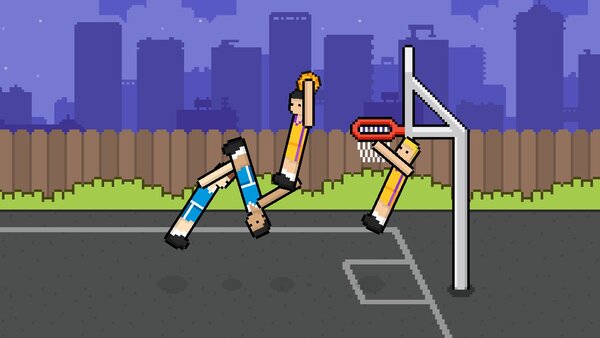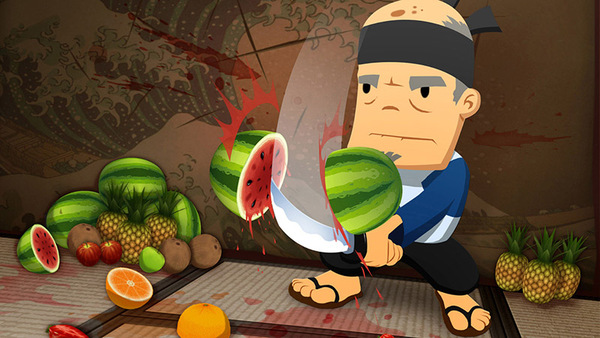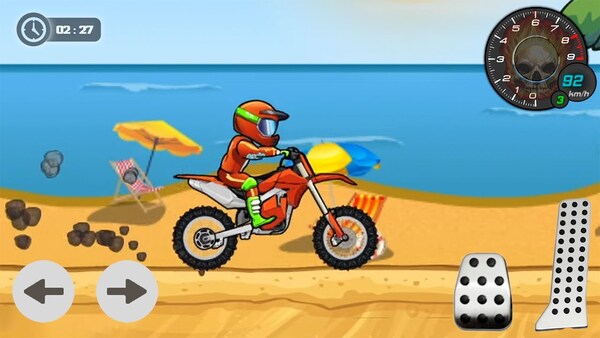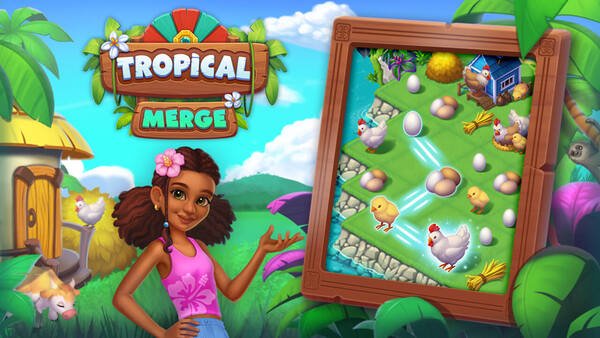The Legend of Zelda – A Timeless Quest Through Adventure and Mystery
Introduction: A Legendary Beginning
The Legend of Zelda, developed by Nintendo and first released in 1986, is one of the most iconic and influential action-adventure game franchises in gaming history. Blending exploration, puzzle-solving, and combat with a richly woven fantasy world, it has birthed numerous critically acclaimed titles like Ocarina of Time, Breath of the Wild, and Tears of the Kingdom.
This franchise has not only defined the genre—it created an enduring legacy that continues to inspire developers and captivate generations of players.
1. Visual Style and Presentation
Art Through the Ages
From the 8-bit beginnings on the NES to the breathtaking landscapes of Breath of the Wild, Zelda’s art style has evolved with every console generation. Each title features its own unique aesthetic—cel-shaded (Wind Waker), realistic (Twilight Princess), or stylized (Link’s Awakening remake).
Immersive Environments
Whether it's the glowing ruins of Hyrule or the serene fields of the Great Plateau, Zelda games consistently offer beautiful, atmospheric worlds that invite exploration.
Pros:
-
Unique visual identity per title
-
High artistic quality and attention to detail
Cons:
-
Some remasters rely on nostalgia over innovation
-
Art style may not please everyone (e.g., Toon Link controversy)
2. Core Gameplay Loop: Explore, Solve, Battle
Timeless Adventure Formula
The classic loop includes exploring the overworld, entering dungeons, solving puzzles, fighting enemies, and collecting vital items like the Master Sword or Hookshot. This structure defines the core Zelda experience.
Modern Innovations
Recent games like Breath of the Wild offer open-world freedom, physics-based puzzles, crafting, and sandbox exploration—reinventing Zelda without losing its soul.
Pros:
-
Deep, engaging gameplay loops
-
Strong balance of action and puzzle-solving
Cons:
-
Dungeon formula can feel predictable in older titles
-
Exploration can lack direction in some open-world versions
3. Controls and Mechanics
Polished and Intuitive
Zelda games are known for responsive controls, whether using motion sensors in Skyward Sword or precise swordplay in Twilight Princess. Each game tailors its mechanics to match its platform while maintaining accessibility.
Item and Ability Integration
Many puzzles and areas require the use of items like bombs, bows, or the boomerang. Newer entries introduce abilities such as time-reversal and gliding, adding even more strategic depth.
Pros:
-
Responsive controls with platform-specific innovations
-
Clever item-based progression
Cons:
-
Inventory management can be clunky in some titles
-
Motion controls may frustrate some players
4. World Design and Exploration
Expansive and Engaging Worlds
From Kakariko Village to Death Mountain, every Zelda game features a well-designed overworld, often filled with hidden secrets, side quests, and memorable NPCs.
Open World vs. Guided Progression
While older entries follow a linear progression, Breath of the Wild allows complete freedom—tackling any area or dungeon in any order.
Pros:
-
Deeply immersive world design
-
Rewarding exploration filled with secrets
Cons:
-
Open world may lack pacing for some players
-
Some areas can feel barren or underused
5. Story and Lore
Hero, Princess, and Darkness
Zelda games center on the timeless struggle between Link (the hero), Zelda (the princess), and Ganon (the antagonist). While the structure repeats, each game offers new twists and timelines.
Rich Mythology
The series’ timeline split, introduced with Ocarina of Time, adds depth to the universe. Lore-rich titles like Skyward Sword and Tears of the Kingdom explore the origins of Hyrule and the Triforce.
Pros:
-
Iconic characters and narrative arcs
-
Deep lore that rewards longtime fans
Cons:
-
Story can feel minimal in some entries
-
Timeline complexity may confuse newcomers
6. Combat System
Swordplay and Strategy
Combat varies by title, from top-down slashing to 3D swordplay using lock-on targeting. Enemies often require strategic use of items, not just brute force.
Boss Battles as Puzzles
Boss fights are signature moments, often combining combat with environmental puzzles—requiring the item you just found in the dungeon.
Pros:
-
Intuitive, satisfying combat
-
Memorable and creative boss encounters
Cons:
-
Combat may feel simplistic by modern standards
-
Repetitive enemy types in some games
7. Puzzle Design and Dungeons
Ingenious Dungeon Layouts
Each dungeon is a masterclass in puzzle design, often themed around elements like water, fire, or time. Players must observe, experiment, and master tools to progress.
Environmental Puzzles
Zelda games encourage thinking outside the box. Physics, light reflection, and time manipulation are just some of the puzzle tools used across the series.
Pros:
-
Clever, satisfying puzzle mechanics
-
Well-designed dungeon themes and progression
Cons:
-
Some puzzles can be obscure or frustrating
-
Water dungeons are notoriously disliked
8. Music and Sound Design
Iconic Soundtrack
Zelda music is legendary—The Lost Woods, Zelda’s Lullaby, and Gerudo Valley are etched in gaming history. Composer Koji Kondo’s work defines musical storytelling in games.
Atmospheric Sound Cues
Sound design enhances gameplay: a chest jingle signals reward, enemy alerts add tension, and musical instruments like the Ocarina play central roles in game mechanics.
Pros:
-
Unforgettable, orchestrated music
-
Music often serves gameplay functions
Cons:
-
Some newer games have more ambient than melodic music
-
Repetitive cues in certain puzzles
9. Replayability and Side Content
Side Quests and Collectibles
From heart pieces, Korok seeds, to mini-games and fishing, Zelda offers tons of optional content. These side activities often tie into lore or character development.
Multiple Playthroughs
Some games offer New Game Plus, Master Mode, or hero challenges, encouraging skilled players to revisit Hyrule with new strategies.
Pros:
-
Rich side content adds dozens of hours
-
Optional exploration adds depth
Cons:
-
Collect-a-thons may feel tedious
-
Some side quests are fetch-heavy
10. Final Verdict: Is The Legend of Zelda Worth Playing?
Absolutely. Whether you're a newcomer or longtime fan, The Legend of Zelda offers something timeless—a sense of wonder, discovery, and heroic adventure. Each title stands on its own, yet collectively they form one of gaming’s most revered legacies.
Whether you prefer linear dungeon-crawlers or open-world epics, Zelda offers both innovation and nostalgia, wrapped in polish and heart.




